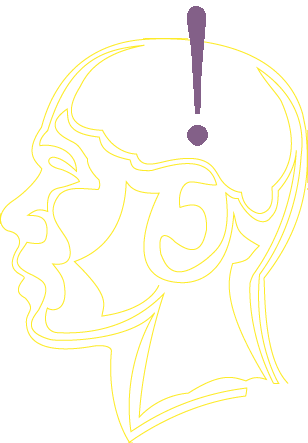

2010 2011 2012 2013 2014 2015 2016 2017 2018 2019 2020
Author(s): John Micah Heinemann
Presentation: oral
From the formation of the Black Panther Party for Self-Defense (BPP) in 1966 until 1971 when the party split, founder and Minister of Defense Huey P. Newton worked closely with Minister of Information Eldridge Cleaver. After five years of cooperation and collaboration, why did their relationship take a turn for the worse and finally come to an end? I conclude that Cleaver’s experiences in the federal prison system and his former connections with the Black Muslims shaped a hardened and militant interpretation of revolution. On the other hand, by 1971, Newton’s near movie-star status within the Black community seemed to have inspired in him a vision of revolution as a rhetorical flourish to community organization. Previous to 1971, the "Free Huey" campaign had provided a nonpartisan issue to organize the institution's agenda around, while Cleaver's exile and Newton's imprisonment insulated their clashing ideologies from one another. However, after Newton's release he began reversing the changes that Cleaver had made during Newton's imprisonment - once they were forced to face each other once more, the contradictory composition of the organization manifested in the Newton-Cleaver Rift.
The College of Idaho 2112 Cleveland Blvd Caldwell, ID 8360 USA 208-459-5011 800-2C-IDAHO